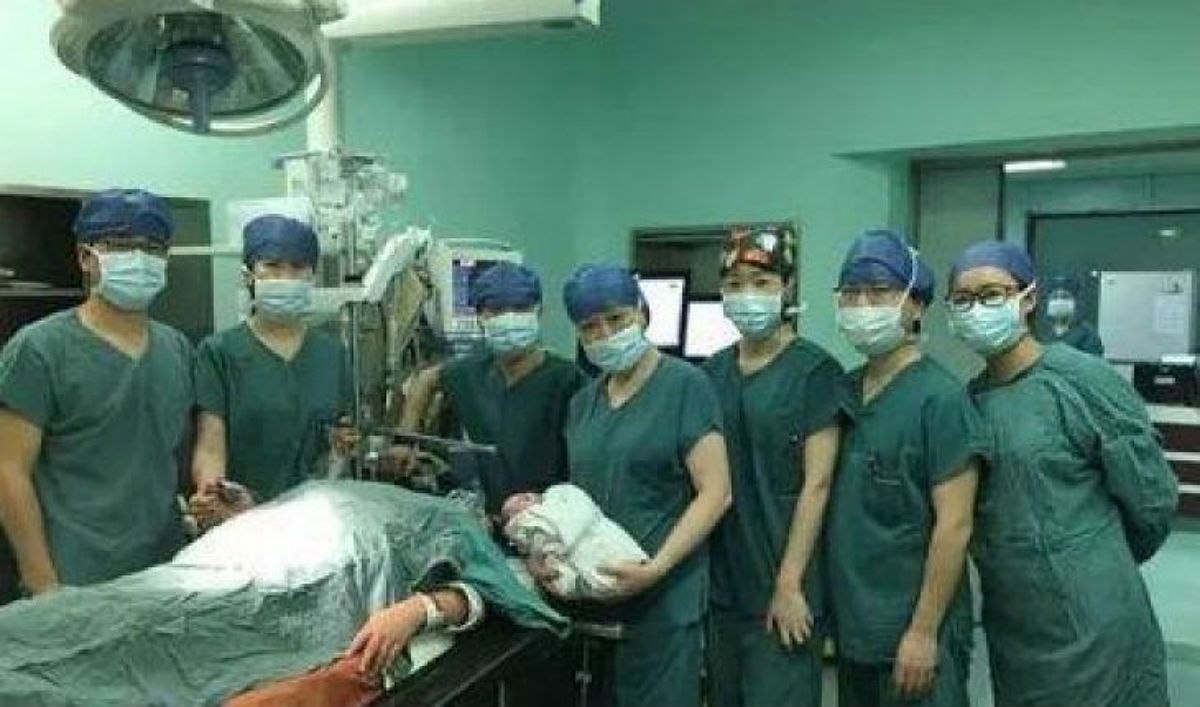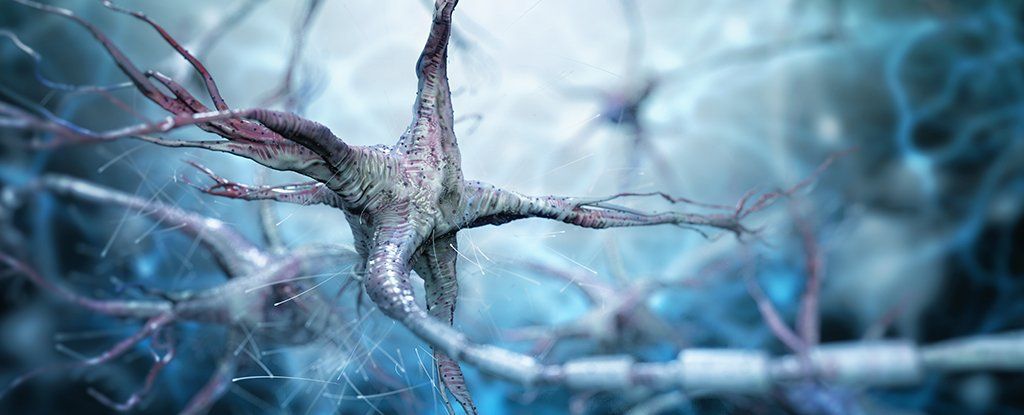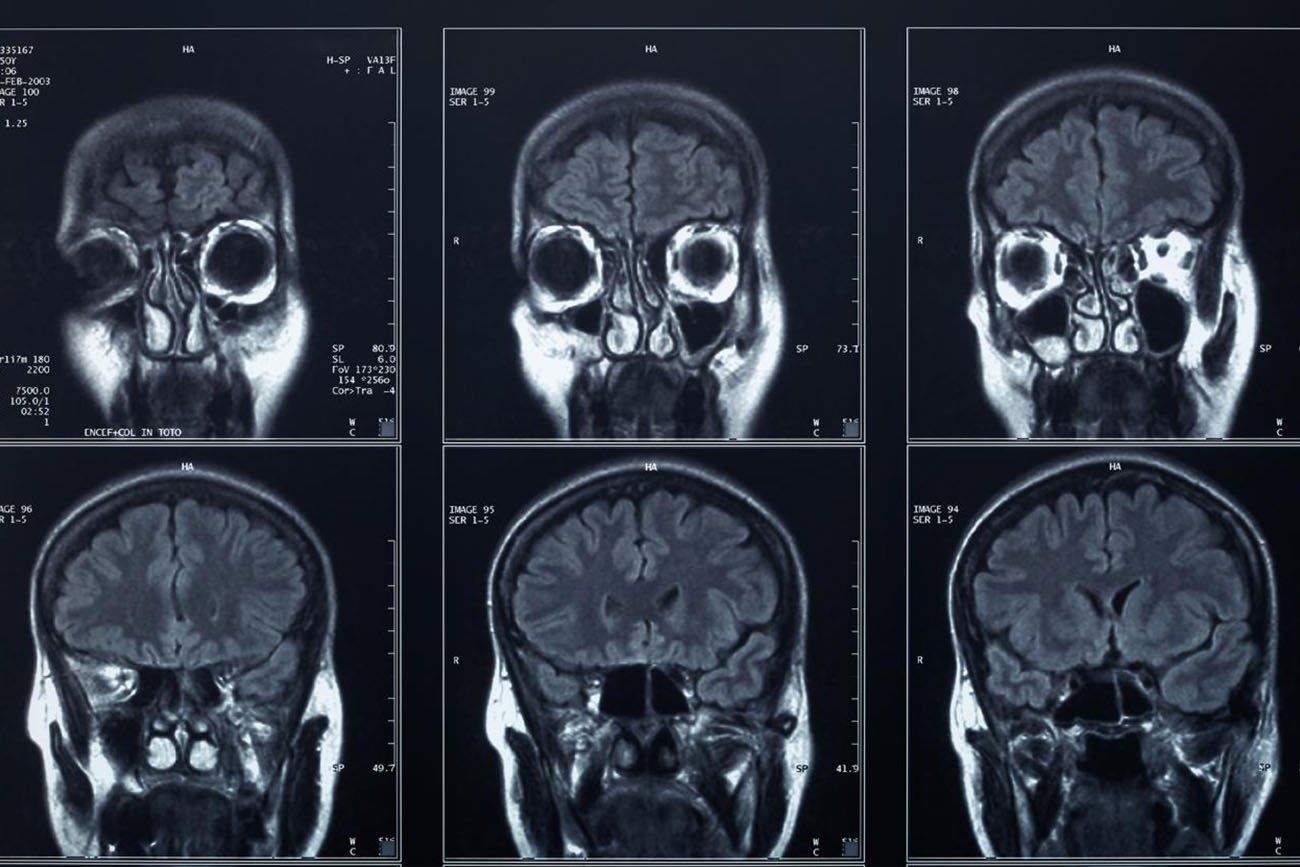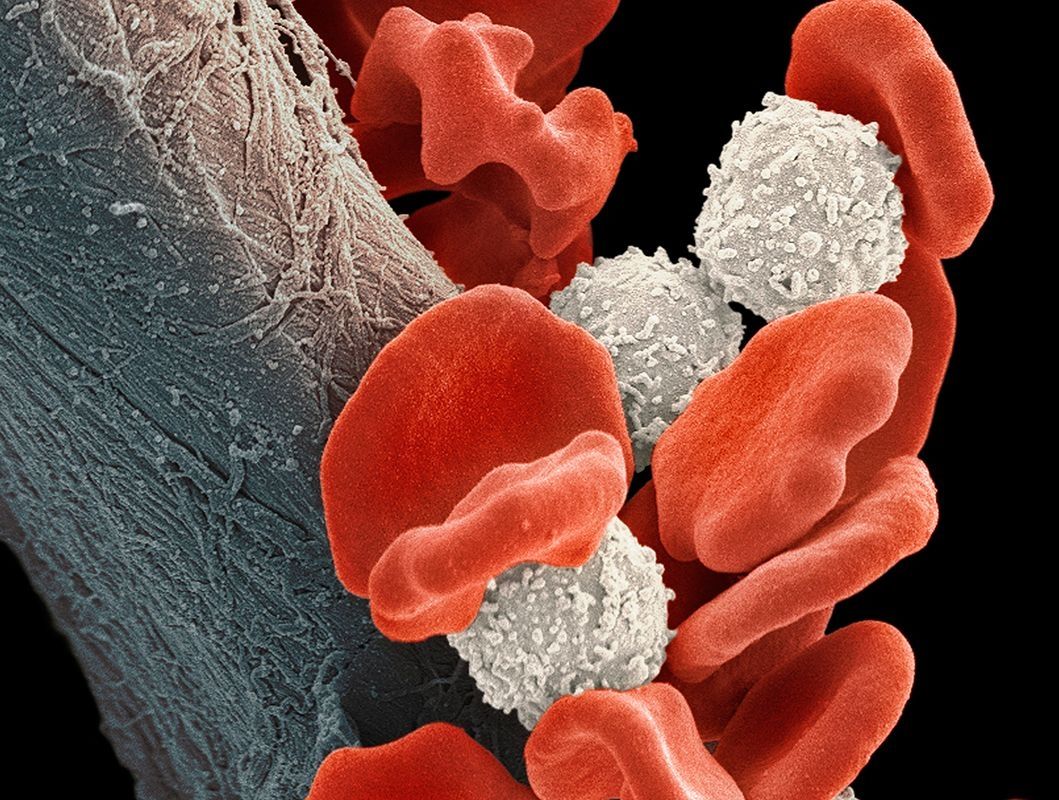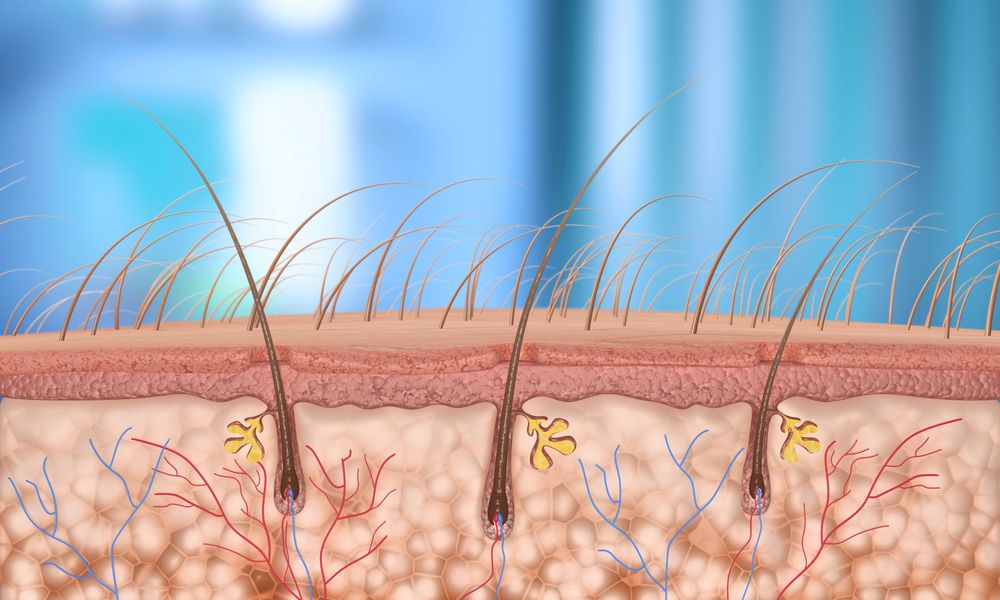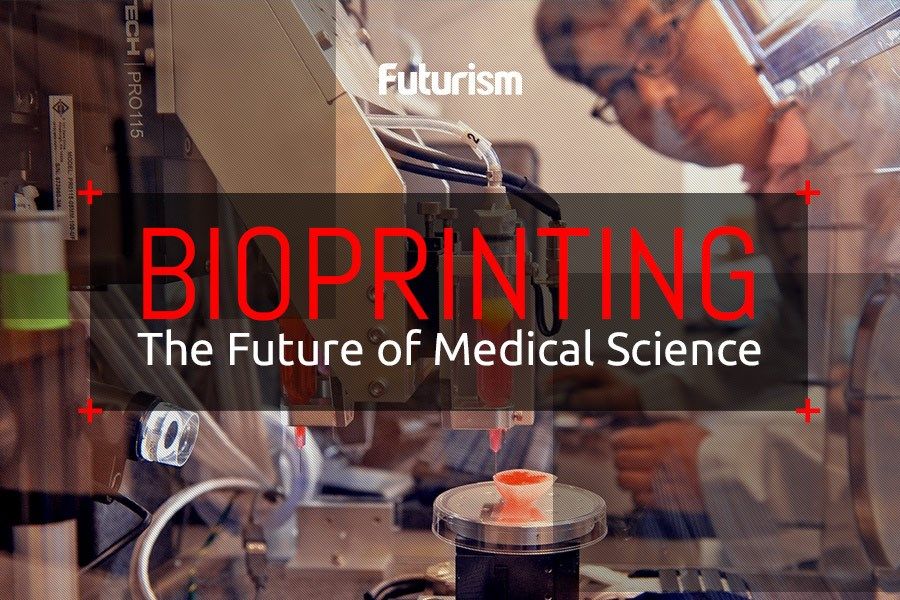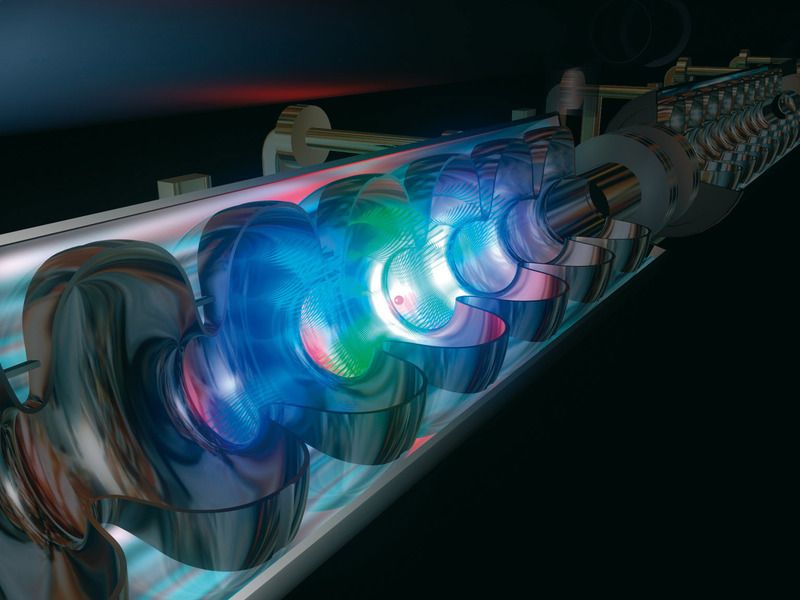
X-rays make the invisible visible: they permit the way materials are structured to be determined all the way down to the level of individual atoms. In the 1950s it was x-rays which revealed the double-helix structure of DNA. With new x-ray sources, such as the XFEL free-electron laser in Hamburg, it is even possible to “film” chemical reactions. The results obtained from studies using these new x-ray sources may be about to become even more precise. A team around Kilian Heeg from the Max Planck Institute for Nuclear Physics in Heidelberg has now found a way to make the spectrum of the x-ray pulses emitted by these sources even narrower. In contrast to standard lasers, which generate light of a single colour and wavelength, x-ray sources generally produce pulses with a broad spectrum of different wavelengths. Sharper pulses could soon drive applications that were previously not feasible. This includes testing physical constants and measuring lengths and times even more precisely than can be achieved at present.
Researchers use light and other electromagnetic radiation for developing new materials at work in electronics, automobiles, aircraft or power plants, as well as for studies on biomolecules such as protein function. Electromagnetic radiation is also the tool of choice for observing chemical reactions and physical processes in the micro and nano ranges. Different types of spectroscopy use different individual wavelengths to stimulate characteristic oscillations in specific components of a structure. Which wavelengths interact with the structure – physicists use the term resonance – tells us something about their composition and how they are constructed; for example, how atoms within a molecule are arranged in space.
In contrast to visible light, which has a much lower energy, x-rays can trigger resonance not just in the electron shell of an atom, but also deep in the atomic core, its nucleus. X-ray spectroscopy therefore provides unique knowledge about materials. In addition, the resonances of some atomic nuclei are very sharp, in principle allowing extremely precise measurements.
Read more
